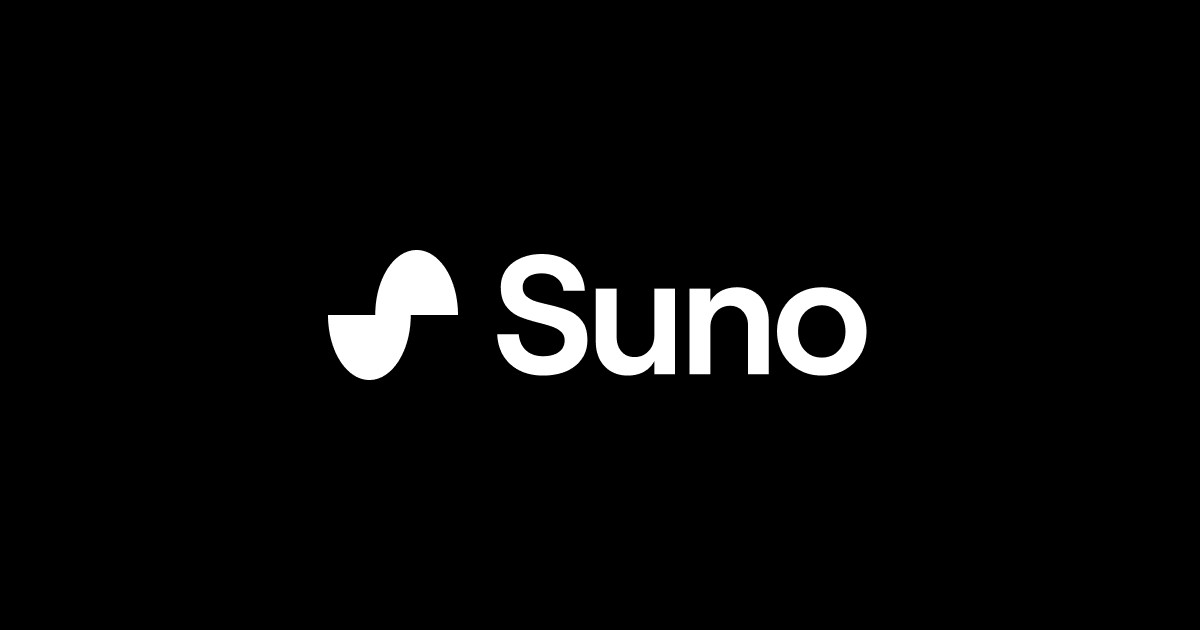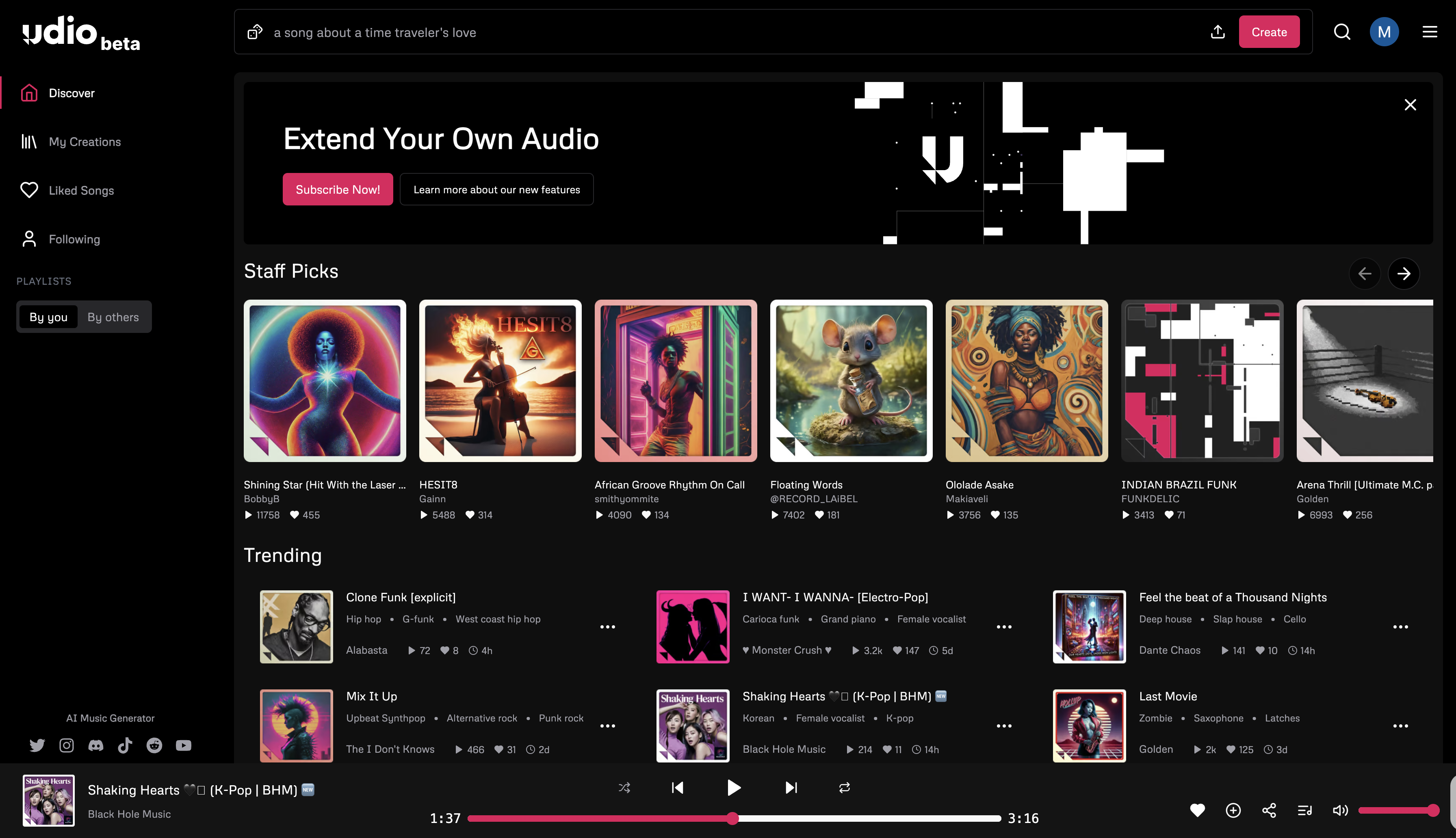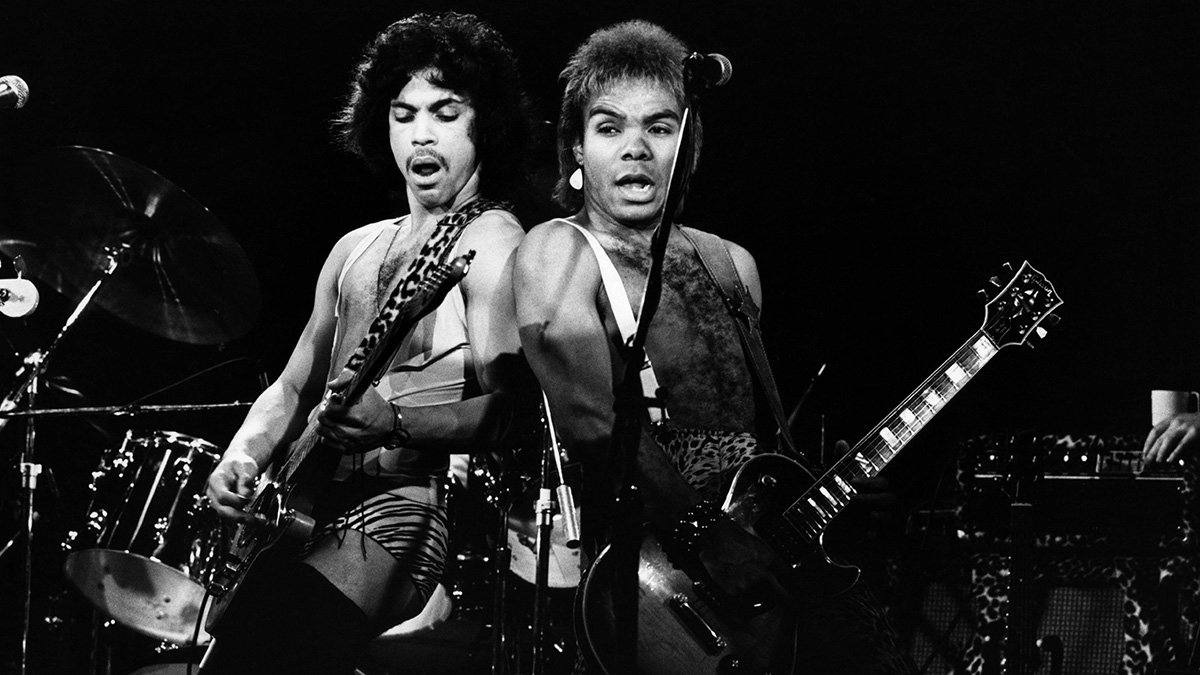Major record labels sue AI music generators, alleging "copyright infringement on an almost unimaginable scale"
The RIAA says that platforms such as Suno and Udio "threaten enduring and irreparable harm to recording artists, record labels, and the music industry"

The Recording Industry Association of America (RIAA) has filed lawsuits against two of the most prominent AI music generation services, alleging "wilful copyright infringement on an almost unimaginable scale".
Representing UMG, Sony and Warner Records, the music industry's biggest record companies, the RIAA has accused both Suno and Udio of training their AI technology on copyrighted works from the labels' catalogues, asking the courts for damages of up to $150,000 per track.

Struggling to finish a song? This AI music generator could finish it for you
Suno and Udio can almost instantly generate songs, complete with lyrics and vocals, based on text instructions provided by the user. Generative AI tools such as these are typically trained on vast sets of data, and while neither platform has disclosed the origin of the data used in its training, it's entirely possible that this encompassed thousands of copyrighted songs, if not more. If the RIAA's suit is successful, the damages owed by Suno and Udio could number in the billions.
The RIAA claims that both platforms have produced tracks that resemble copyrighted works far too closely to be merely coincidental. Suno has created music appearing to contain excerpts from Chuck Berry's Johnny B. Goode and B.B. King's The Thrill Is Gone, while Udio appears to have generated songs that resemble ABBA's Dancing Queen and Michael Jackson's Billie Jean.
The RIAA's claim clearly demonstrates that the major labels view generative AI as an existential threat. "If developed with the permission and participation of copyright owners, generative AI tools will be able to assist humans in creating and producing new and innovative music," the suit reads.
"But if developed irresponsibly, without regard for fundamental copyright protections, those same tools threaten enduring and irreparable harm to recording artists, record labels, and the music industry, inevitably reducing the quality of new music available to consumers and diminishing our shared culture."
The RIAA believes this could "saturate the market with machine-generated content that will directly compete with, cheapen, and ultimately drown out" the human-created music that these platforms were trained on.
Get the MusicRadar Newsletter
Want all the hottest music and gear news, reviews, deals, features and more, direct to your inbox? Sign up here.



I'm MusicRadar's Tech Editor, working across everything from product news and gear-focused features to artist interviews and tech tutorials. I love electronic music and I'm perpetually fascinated by the tools we use to make it. When I'm not behind my laptop keyboard, you'll probably find me behind a MIDI keyboard, carefully crafting the beginnings of another project that I'll ultimately abandon to the creative graveyard that is my overstuffed hard drive.
“Without investment in music education our talent pipeline is at risk of drying up along with the huge opportunities for economic growth it brings”: UK Music draws up five point plan to “turbocharge” music education
“These tariff actions will have a long-term effect on musicians worldwide”: The CEO of NAMM urges Trump to dump tariffs on components of musical instruments









